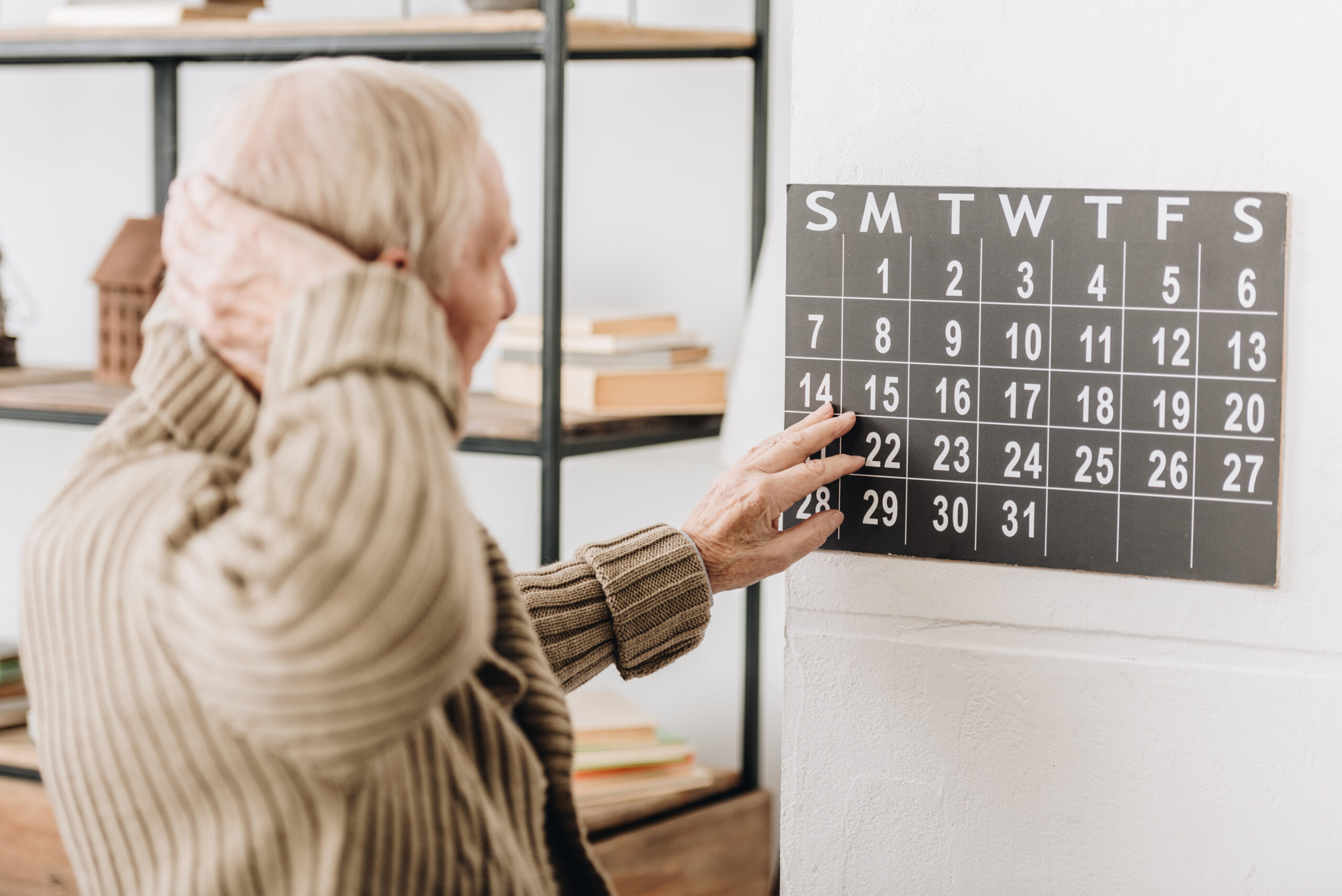Can Social Activities Improve Cognitive Function
Social activities can indeed improve cognitive function, and the connection between social engagement and brain health is becoming clearer through recent research. When people interact socially, especially through conversation and mentally stimulating activities, their cognitive abilities tend to stay sharper.
One key way social activities help is by encouraging communication. A study tracking older adults’ daily speech found that those who talked more had better memory, faster thinking skills, and stronger language abilities. This suggests that simply speaking with others regularly keeps the brain active in important ways[4]. Social conversations require recalling words, processing information quickly, and responding appropriately—all of which exercise different parts of the brain.
Beyond just talking, engaging in group activities like puzzles or memory games also supports cognition. These kinds of mentally challenging tasks combined with social interaction stimulate memory and executive functions (the skills used for planning and decision-making)[2][3]. The mental effort involved in these interactions helps maintain neural connections.
Physical activity combined with social engagement can be even more beneficial. Exercise itself improves blood flow to the brain and promotes new neural growth[5]. When exercise is done in a group setting or paired with interactive games (like active video games), it merges physical exertion with cognitive challenges—boosting overall brain function[1].
In summary:
– Talking frequently throughout the day strengthens memory and thinking speed.
– Socially engaging mental exercises like puzzles enhance memory.
– Combining physical activity with social interaction maximizes benefits for cognition.
– Regular low-to-moderate intensity exercise supports brain health at any age.
So staying socially active isn’t just good for emotional well-being—it’s a powerful way to keep your mind sharp as you age. Whether it’s chatting regularly with friends or joining group classes that mix movement with mental tasks, these activities help maintain healthy cognitive function over time.





